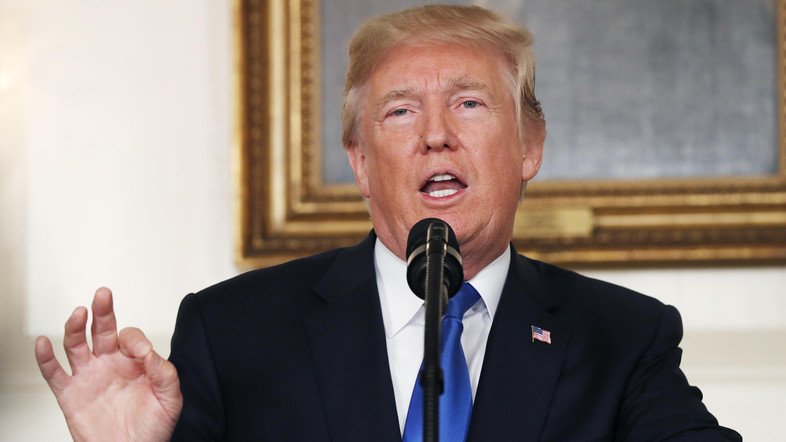
26 April 2016, Lagos — A university don has argued that the cost of importing petroleum products for 30 days is capable of building up to 15 modular refineries in the country, even as he urged the federal government to tap from the technology of illegal refineries instead of destroying them.
A Director, Centre of Gas, Refining, and Petrochemicals, Institute of Petroleum Resources, University of Port Harcourt, Prof. Godwin Igwe, who said this at the African Modular Refinery Seminar in Lagos, also said modular refineries will diversify the Nigerian economy, with its security implications for the country.
According to him, “Modular refineries are required right now. The cost of importing fuel in 30 days is enough to build 10-15 modular crude refineries. The Government should, therefore, set up a guiding policy document (law) to enable entrepreneurs to develop the country.”
As regards illegal refineries, Igwe said: “We can train and turn the ‘illegal refineries’ to ‘legal refineries. The ‘illegals’ already have the necessary raw production skills.
We just need to provide guidance and training. The knowledge gap in distillation processes will be provided on appropriate standards, specifications, and catalysis.”
The university don listed the benefits of establishing 15 modular refineries to include:
*Production of a combined volume of over 1,000,000 liters per day of petrol, diesel, aviation Kero, kerosine, naphtha, and other petrochemical products;
*Creation of over one million jobs for Nigerian youths;
*Creation of over 1000 spin-off medium and small businesses, such as shipping, engineering, construction, logistics, fabrication, and many more;
*Training of over 120,000 Nigerians and community indigenes;
*Provision of food and shelter for over 5 million Nigerians;
*Rejuvenation of our national economy with another “oil boom era” and chance to export excess fuel produced by the refineries and earn forex from fuel export;
*Regeneration of various key socio-economic sectors that can sustainably raise the Nigerian GDP;
*Oil communities can be transformed into an oil capital of Nigeria and Africa by forming oil community cooperatives and making them key stakeholders as joint venture partners in the ownership and operation of these modular refineries.
Igwe further said that the idea of modular refineries at strategic locations of the country will increase internally generated revenue and reduce fuel scarcity.
“The role of Federal and State Governments is to create an enabling environment for all, including foreign, local investors, and the oil rich community cooperatives.
“Government should provide oil communities, indigenes an alternative sustainable source of income to foster a fresh sense of ownership and the deep sense of commitment and responsibility for protecting all the Nigerian oil assets in their environment.“
*Sebastine Obasi – Vanguard



